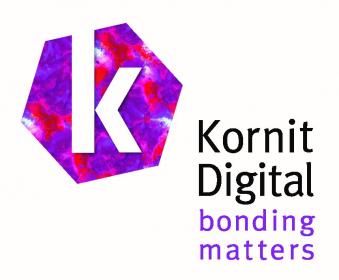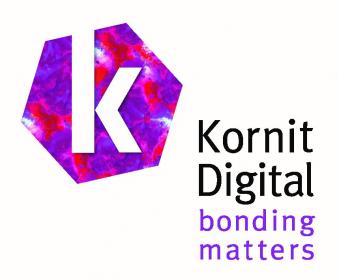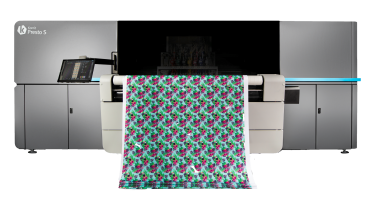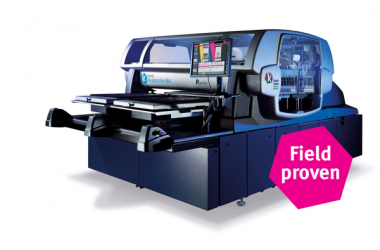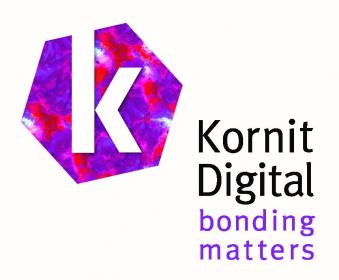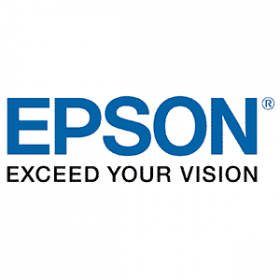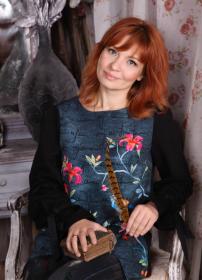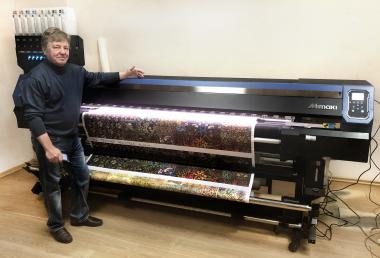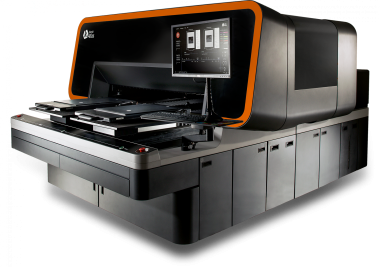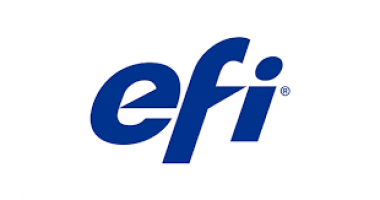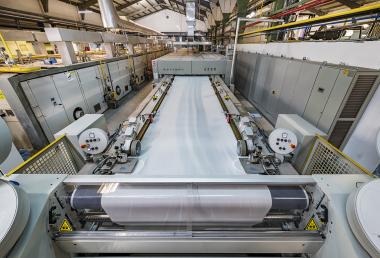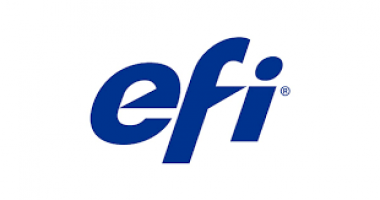Kornit Digital: Printful will be adding more than 50 Kornit Atlas systems
Kornit Digital announced global on-demand printing and warehousing provider Printful will be adding more than 50 Kornit Atlas systems during 2021 for direct-to-garment (DTG) production on demand, representing a considerable expansion of their current production capabilities. This coincides with the print-on-demand leader’s addition of new production facilities in Los Angeles, Dallas, Charlotte, Mexico, Spain, and Canada, as well as expansion of existing facilities globally.
Printful has provided a consistent model of success for on-demand fulfillment to B2B and B2C customers in the e-commerce age.
“Consumers today want customization and personalization, social media engagement, responsible and eco-friendly business practices, and instant gratification—whether they’re buying, designing, or building their own personal brand,” said Davis Siksnans, Printful Co-Founder and CEO. “Kornit’s agile, versatile, efficient technologies power our success by answering those demands with ease, and their quality, reliability, and scalability are a key reason we’re now shipping more than a million finished pieces every month. By bringing our proven production capabilities to more corners of the globe, Printful will be positioned to meet and exceed the demands of today’s creative digital natives for years to come.”
pr4u


